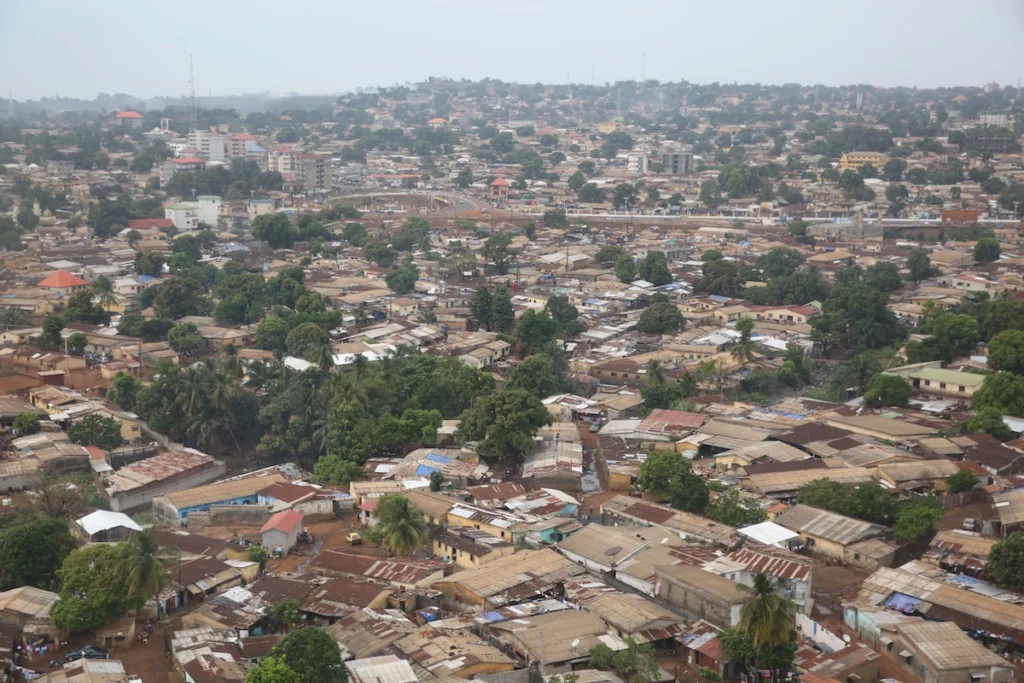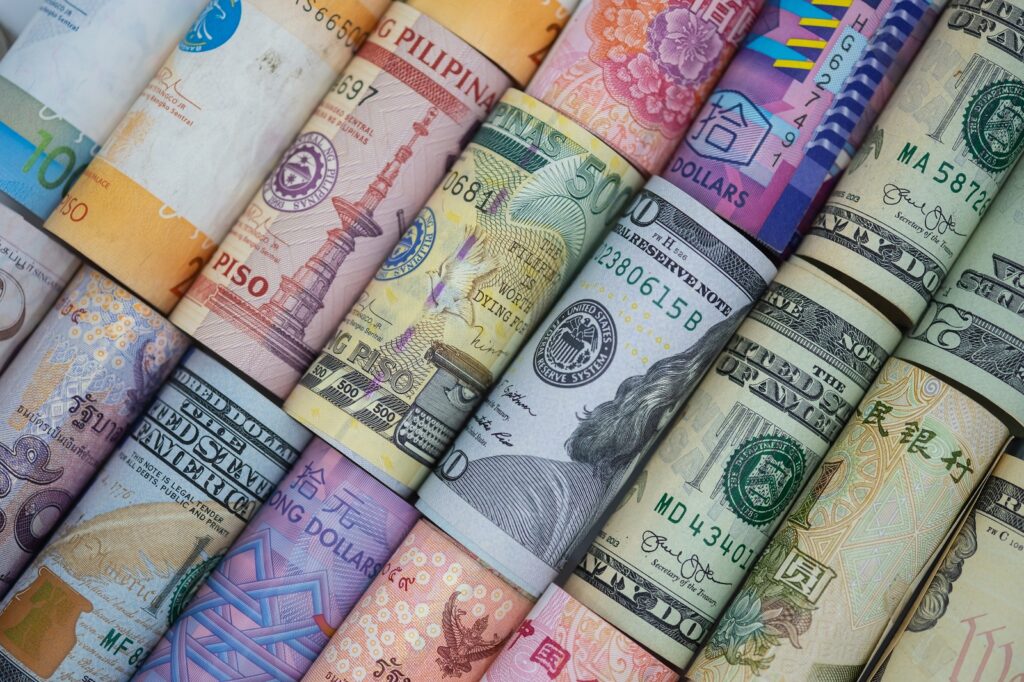
We are a partner initiative on MDB reform to address today’s global challenges and deliver results for development.
Research and Analysis


We are a partner initiative on MDB reform to address today’s global challenges and deliver results for development.



Research and Analysis

